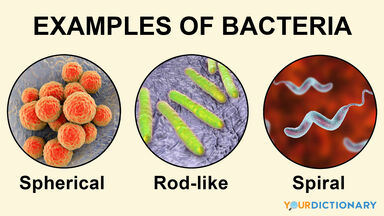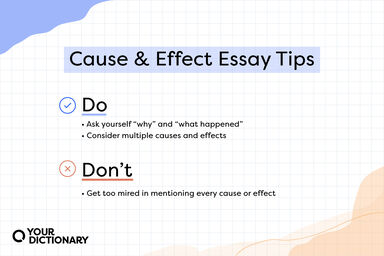Cause Definition
- to work together with toward the same objective; join forces with
Idioms, Phrasal Verbs Related to Cause
- make common cause with
Origin of Cause
-
From Middle English cause, from Old French cause (“a cause, a thing”), from Latin causa (“reason, sake, cause”), in Medieval Latin also "a thing". Origin uncertain. See accuse, excuse. Displaced native Middle English sake (“cause, reason”) (from Old English sacu (“cause”)), Middle English andweorc, andwork (“matter, cause”) (from Old English andweorc (“matter, thing, cause”)).
From Wiktionary
Middle English from Old French from Latin causa reason, purpose
From American Heritage Dictionary of the English Language, 5th Edition
Cause Is Also Mentioned In
Find Similar Words
Find similar words to cause using the buttons below.





